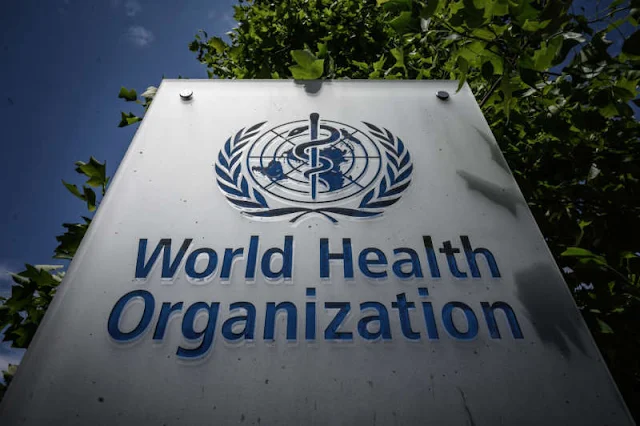In its first set of recommendations on the viral disease, released on Friday, the World Health Organization (WHO) urged nations to increase access to two life-saving Ebola medications.
The recommendation comes as a result of an examination and analysis of clinical trials for the monoclonal antibodies mAb114 (also known as Ansuvimab or Ebanga) and REGN-EB3 (also known as Inmazeb), which have shown to have obvious advantages for those who have tested positive for the often fatal Ebola virus.
This includes older people, women who are pregnant or nursing, kids, and babies whose mothers were diagnosed with Ebola during the first week after giving birth.
According to WHO, the largest experiment was conducted in the Democratic Republic of the Congo, proving that even during Ebola epidemics in challenging environments, the highest level of scientific rigour can be implemented.
The UN agency also offered advice on medications like ZMapp and remdesivir that shouldn't be used as therapies.
The new recommendations, which were released simultaneously in English and French, will aid in the care of Ebola patients as well as the preparation and response of policymakers.
It completes clinical care recommendations that describe the optimal supportive treatment that Ebola patients should receive, including the necessary tests to do, pain management, nutrition, co-infection management, and other strategies that place patients on the fastest possible route to recovery.
“This therapeutic guide is a critical tool to fight Ebola,” Dr Richard Kojan, co-chair of the expert group selected by WHO to develop the guidelines, and President of ALIMA, The Alliance for International Medical Action, said.
“From now on, people infected with the Ebola virus will have a greater chance of recovering if they seek care as early as possible.
“As with other infectious diseases, timeliness is key, and people should not hesitate to consult health workers as quickly as possible to ensure they receive the best care possible.”
Fellow co-chair Dr Robert Fowler from the University of Toronto in Canada noted that Ebola used to be perceived as “a near certain killer,” but advances in care and therapeutics over the past decade have revolutionised treatment of the disease.
“Provision of best supportive medical care to patients, combined with monoclonal antibody treatment – MAb114 or REGN-EB3 – now leads to recovery for the vast majority of people,” he added.
As access to these treatments remains challenging, especially in poor areas, WHO said they should be available where they are most needed, namely in locations where active Ebola outbreaks are occurring, or where the threat of outbreak is high or very likely.
The UN agency stands ready to support countries, manufacturers and partners to improve access to the two medicines.
“We have seen incredible advances in both the quality and safety of clinical care during Ebola outbreaks,” Dr Janet Diaz, lead of the clinical management unit in WHO’s Health Emergencies programme, said.
“Doing the basics well, including early diagnosis, providing optimized supportive care with the evaluation of new therapeutics under clinical trials, has transformed what is possible during Ebola outbreaks.
“This is what has led to development of a new standard of care for patients. However, timely access to these lifesaving interventions has to be a priority.”



